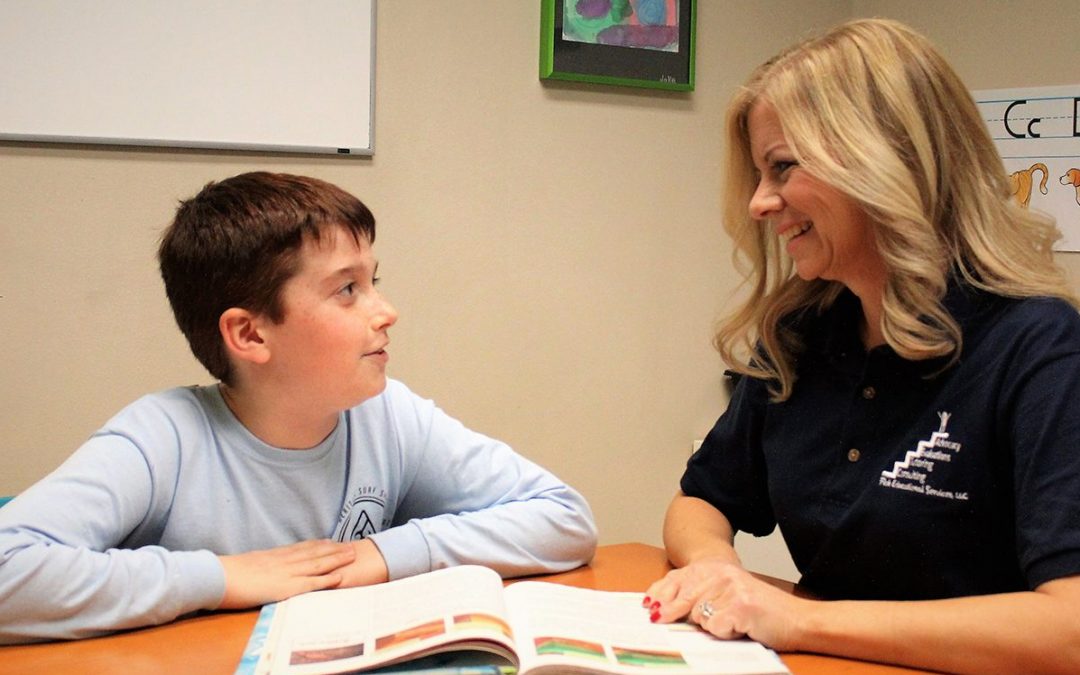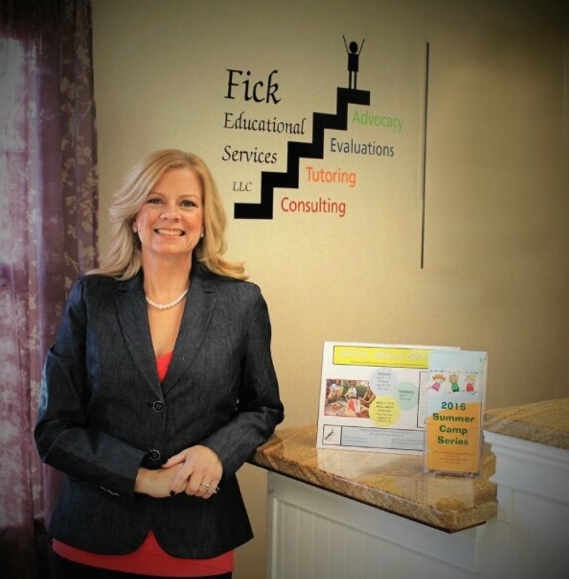For a parent of young children, the request is very common: “Read this to me!” As parents and caregivers, the temptation to say no to repeated requests is great, especially when the request is for the same Thomas the Tank Engine or Peppa Pig book that you’ve read hundreds of times already and could recite with your eyes closed! But there’s so much more than meets the eye going on when you read to children. Beyond mere vocabulary and language benefits, there are other cognitive and social benefits, as well.
It’s a well-publicized fact that children who are read to develop a much more varied vocabulary and grasp of words than those who are not. In fact, studies have shown that students who are read to from a young age tend to be more successful at school. This fact seems pretty clear since reading aloud exposes children to a world of words that they would otherwise not have the joy of meeting. Children are exposed to words within their zones of proximal development- just beyond comprehension when reading solo, but understandable with an adult guiding them.
There are more cognitive benefits, however, than simply expanding vocabulary such as comprehension, visual imagery creation, and reflection. By activating those auditory processing skills, children are developing skills that will certainly aid them in school and the workplace. The ability to listen to spoken word and comprehend instruction is crucial. In addition, children create pictures in their minds of what is being read aloud, a skill crucial in comprehension. For younger children, especially, picture books promote the use of visual imagery to aid in understanding. Lastly, by listening to a story, children’s minds are activated to reflect on what they hear and analyze action in the story. How would I do this differently? What kind of friend would that character make? Why did the character take those actions? These reason skills are also crucial and studies have shown this part of the brain activated through read aloud.
Lastly, reading aloud strengthens the bond between child and adult. Isn’t that something all parents, caregivers, or teachers would desire? Of course! When reading aloud to your child, be sure to pause for questions and discussion. Give your child a voice. A respect for your child’s opinions goes a long way to developing a stronger bond between parent (or caregiver or teacher as well) and child whether the child is young or in high school or beyond. Consider making reading aloud part of your everyday routine – we’d love to hear how it goes!

 Fick Educational Services is devoted to the educational needs of the children through individualized learning plans, tutoring and advocacy.
Fick Educational Services is devoted to the educational needs of the children through individualized learning plans, tutoring and advocacy.

